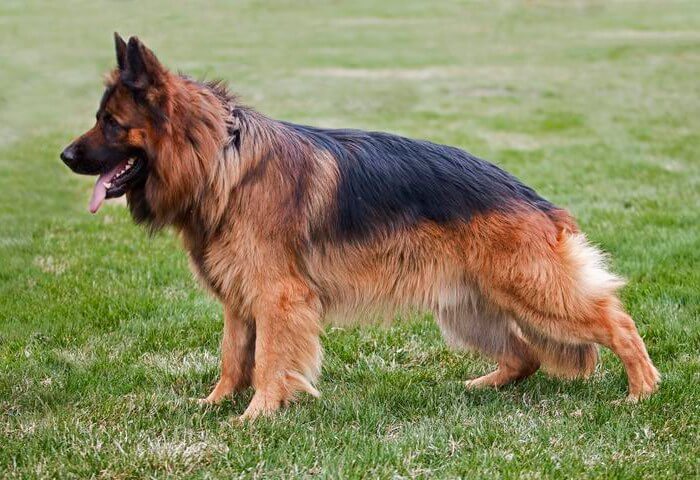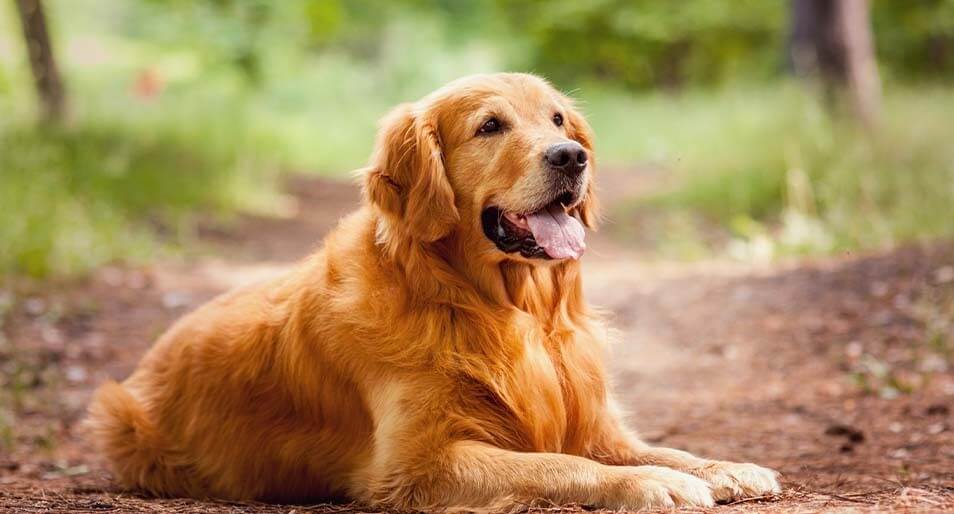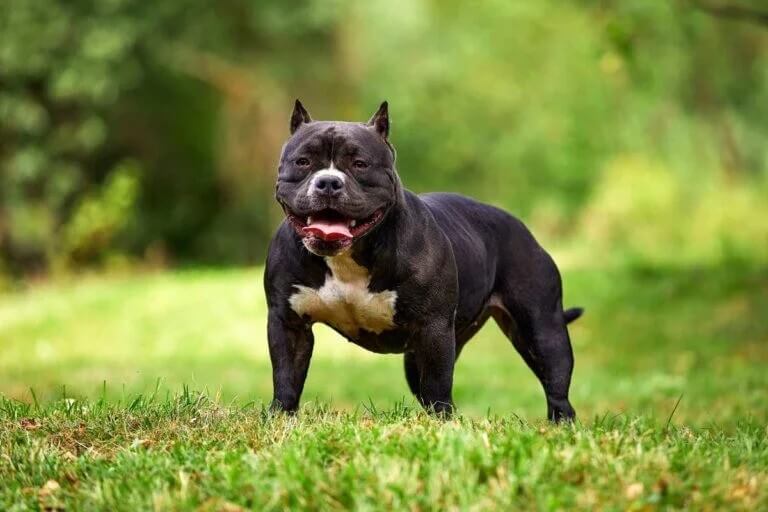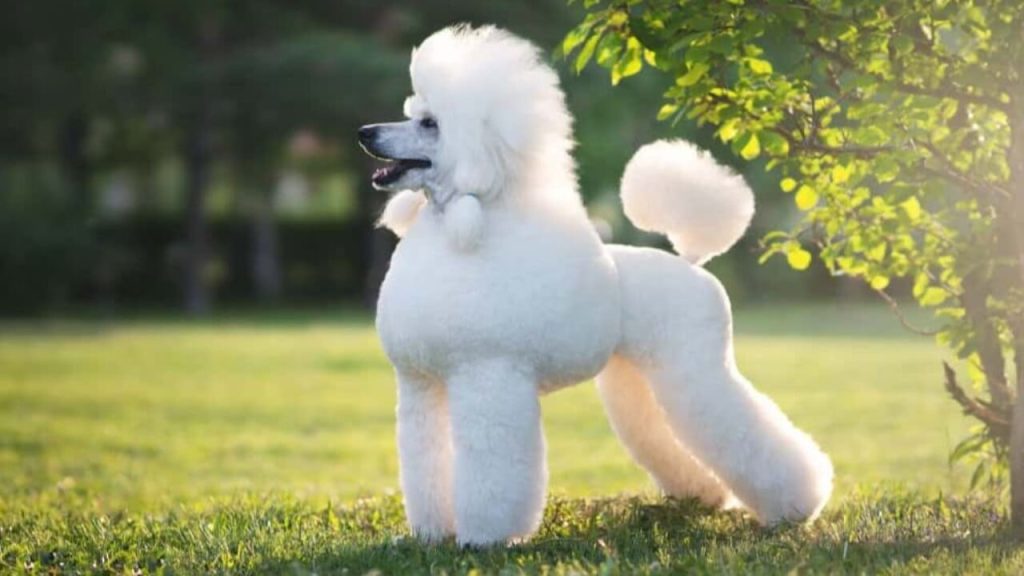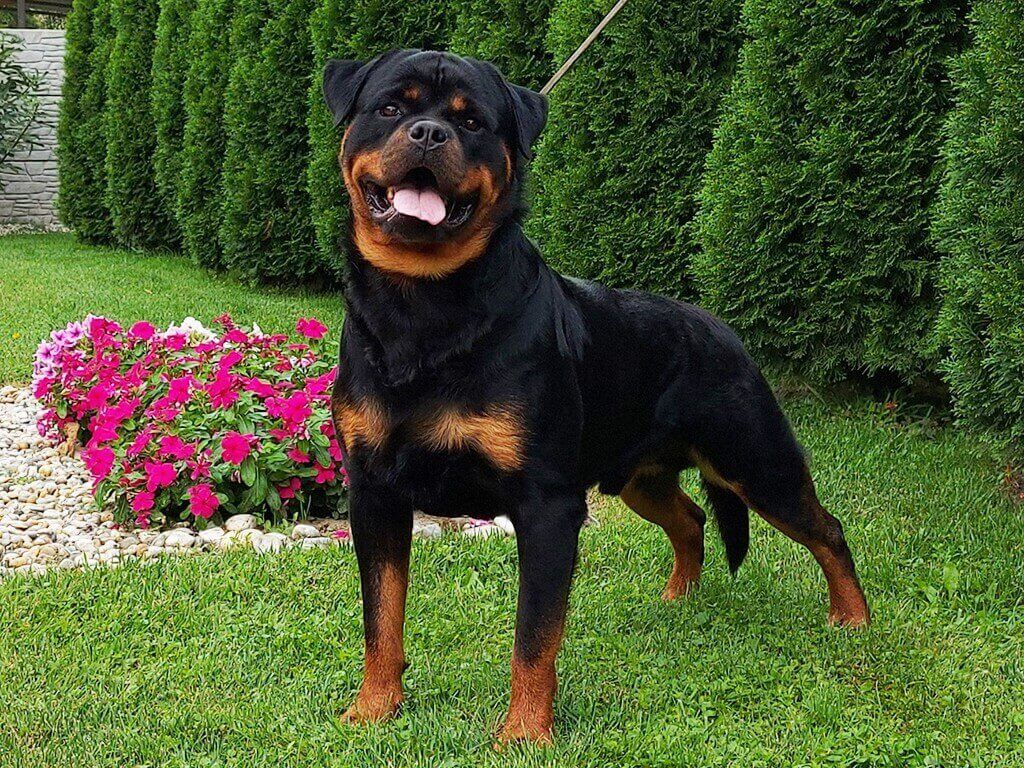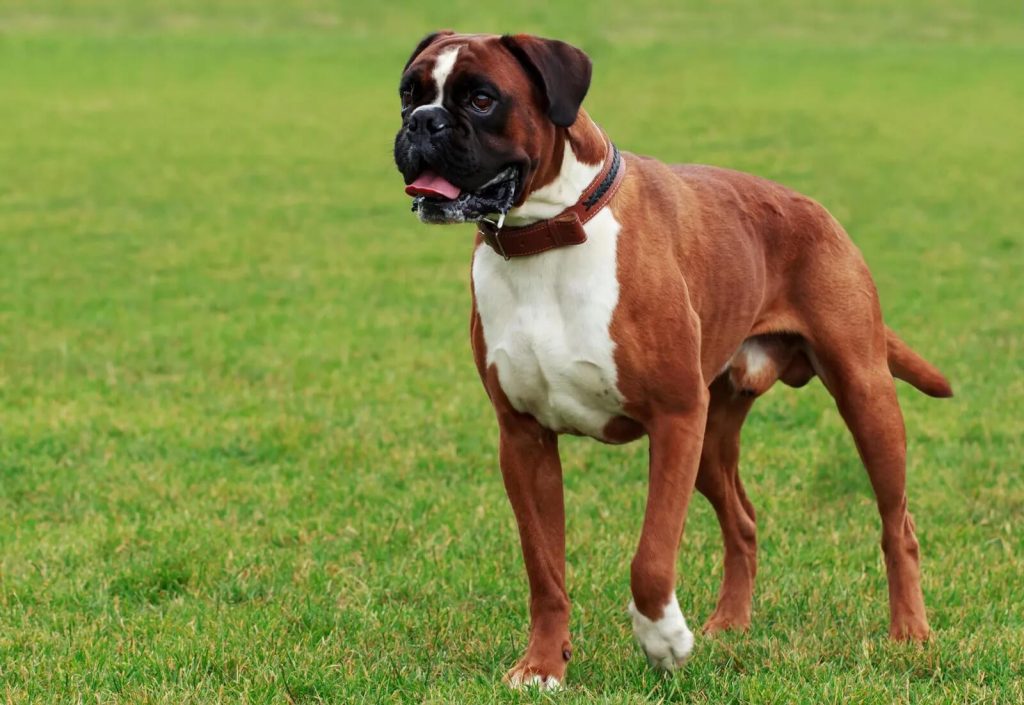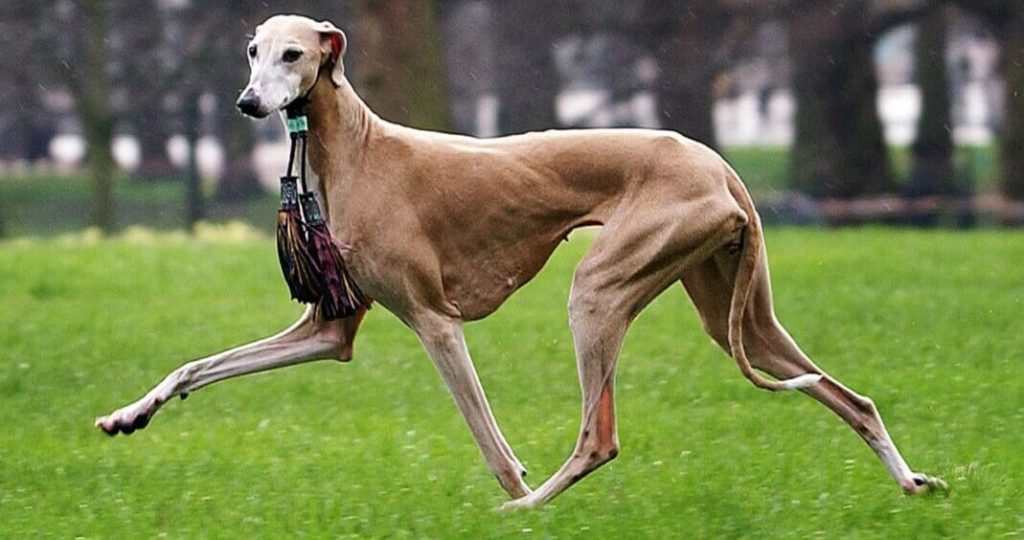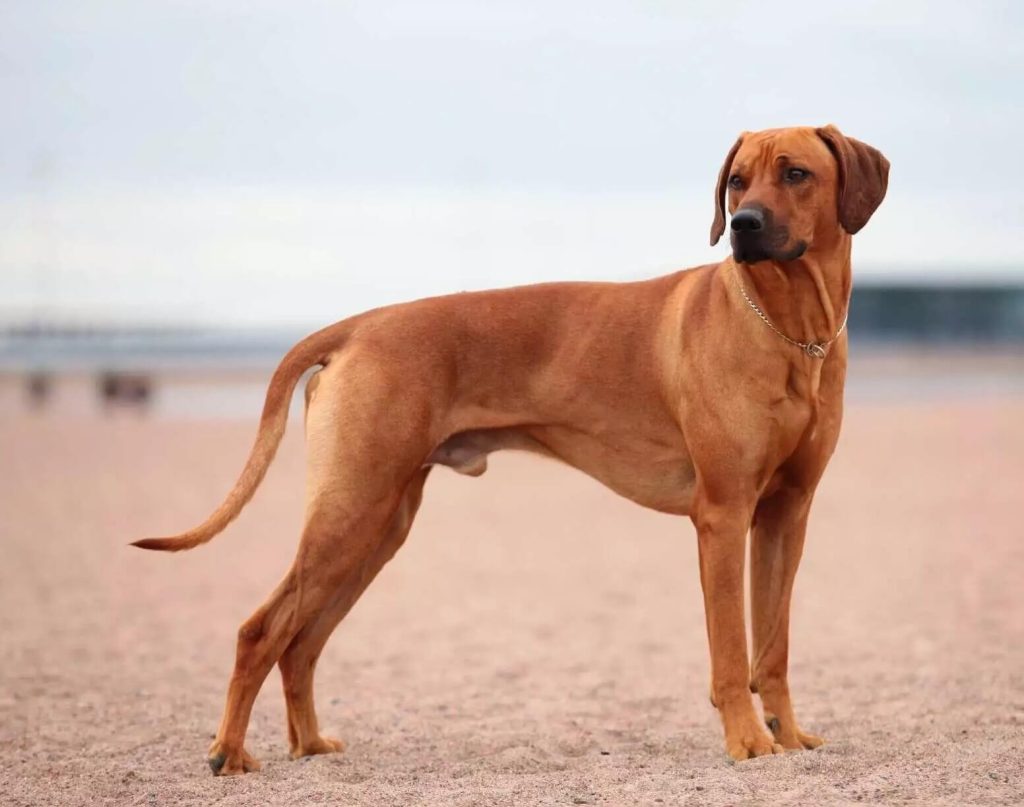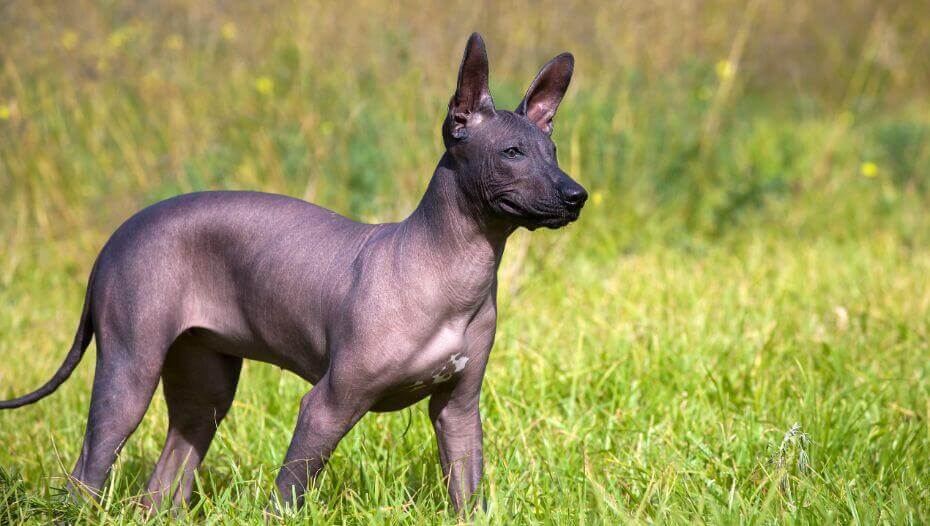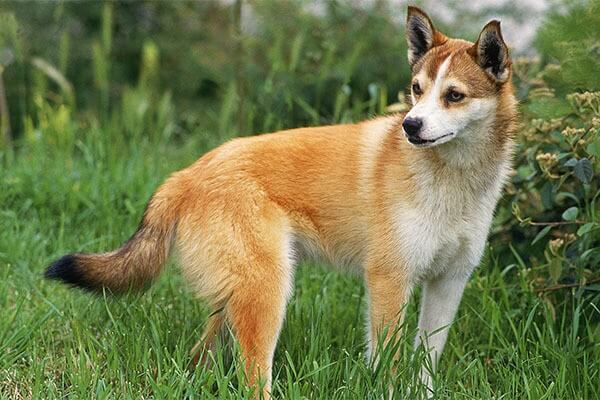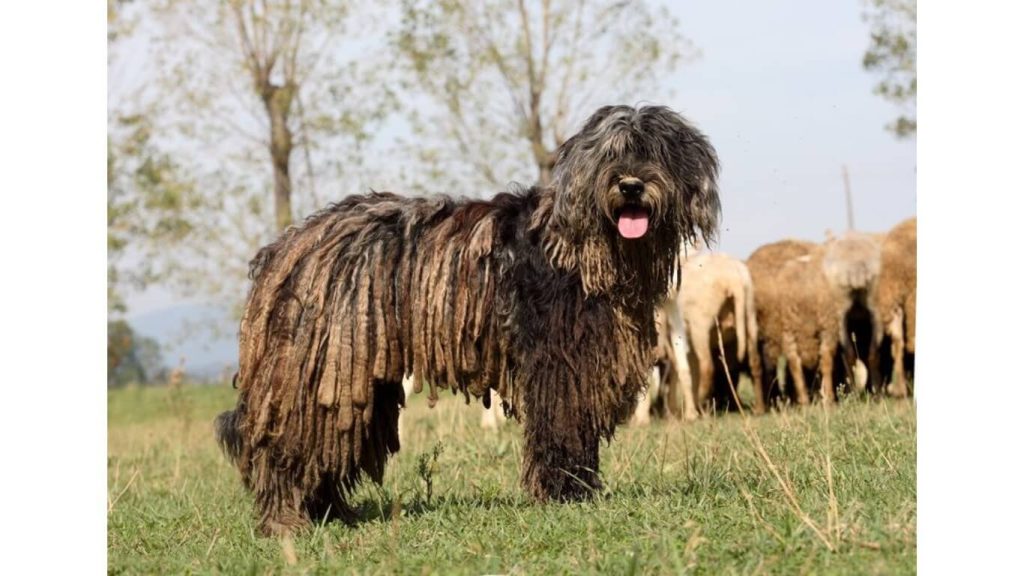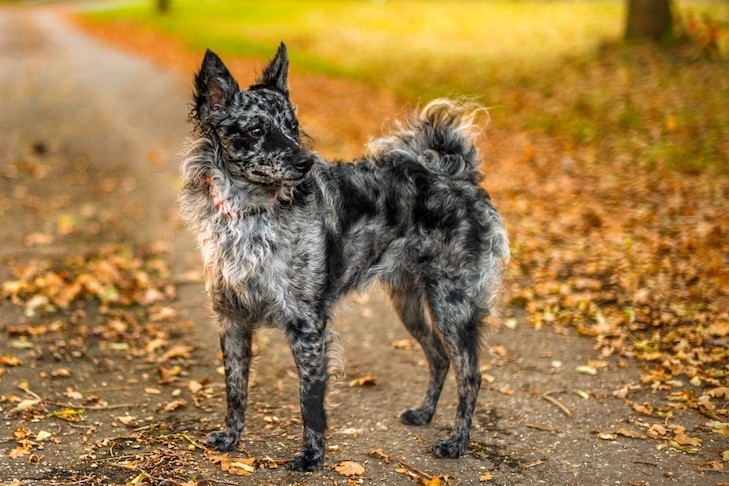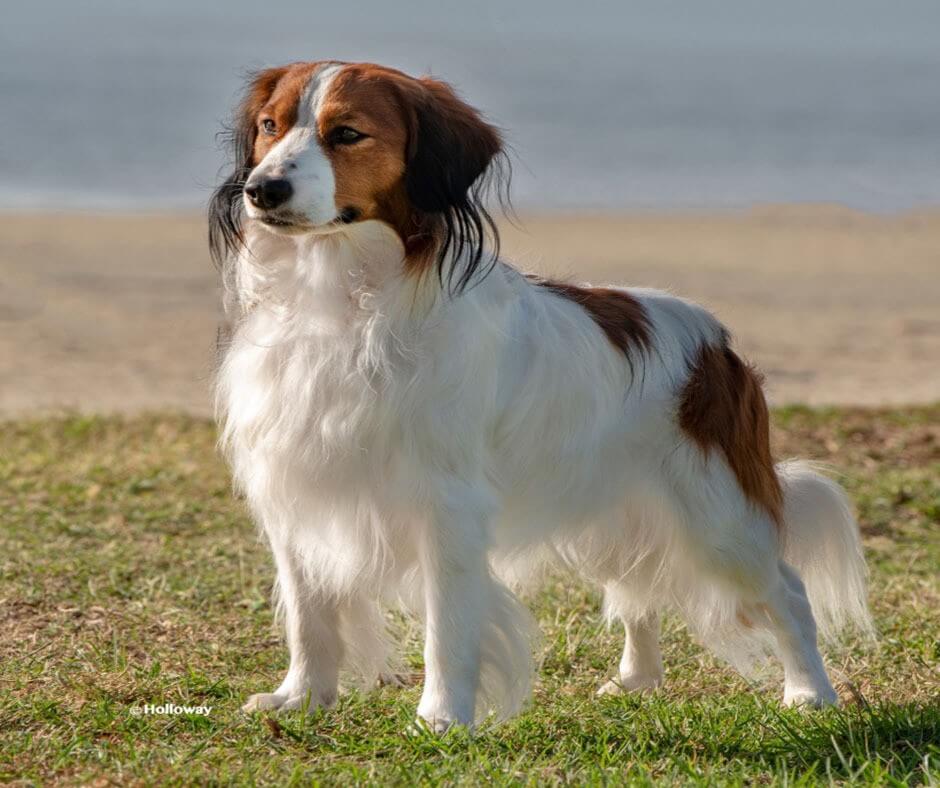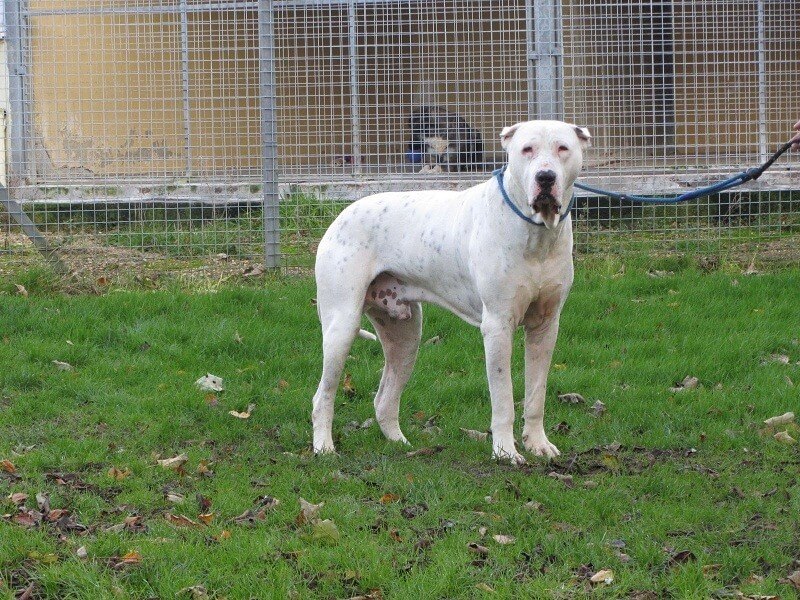King Shepherd – Complete Breed Guide
The King Shepherd is a large, intelligent, and family-friendly dog breed known for its size, strength, and loyal personality.
Although it looks similar to the German Shepherd, the King Shepherd is bigger, calmer, and generally easier to manage.
This guide covers appearance, behavior, health, grooming, and care needs to help you understand the breed fully.
What Is a King Shepherd?
King Shepherds were developed in the 1990s in the United States by mixing German Shepherds with Shiloh Shepherds and other large breeds.
The goal was to create a dog with the intelligence of a working breed and a stable, gentle temperament suitable for families.
Breed Appearance
- Size: Very large breed
- Height: 25–31 inches (63–78 cm)
- Weight: 40–68 kg, depending on build
- Coat: Medium to long double coat
- Colors: Black, sable, tan, brown, and bi-color patterns
The breed has strong bones, a broad head, and a thick coat that makes it ideal for colder climates.
King Shepherds have an alert but friendly expression.
Temperament and Personality
King Shepherds are confident and easygoing. They are known for being loyal and protective without being overly aggressive.
Their calm behavior makes them suitable for families, farms, and working roles.
- Gentle and stable temperament
- Quick learners
- Protective but controllable
- Good with children when properly supervised
- Social and affectionate with their owners
Exercise Needs
This is an active breed that requires daily exercise to stay healthy.
Routine walks, training activities, and simple outdoor time work well for their energy level.
- 60–90 minutes of activity daily
- Enjoy walks, light running, and mental games
- Not ideal for small apartments without exercise
Training Requirements
King Shepherds respond well to training because they are intelligent and eager to follow commands.
Early training helps develop good behavior and household manners.
- Basic obedience training recommended
- Short, clear instructions work well
- Positive reinforcement increases responsiveness
- Regular practice maintains discipline
Grooming and Coat Care
Their thick double coat needs consistent grooming.
Weekly brushing helps reduce shedding and keeps the coat clean.
- Brush 2–3 times weekly
- Bathe only when needed
- Check ears regularly
- Trim nails as required
Health and Lifespan
King Shepherds are generally healthier than many large breeds due to selective breeding.
Still, monitoring their overall condition helps maintain long-term health.
- Lifespan: 10–14 years
- Common considerations: joint support, skin care, and regular checkups
- A balanced diet helps maintain an ideal weight
Diet and Nutrition
A high-quality diet supports their large body and active lifestyle.
Feeding schedules and portion control help prevent weight gain.
- Protein-rich food recommended
- Divide meals into 2–3 portions
- Provide clean water throughout the day
Living Requirements
King Shepherds fit best in homes with open space.
They can adapt to indoor living as long as they receive proper exercise.
- Best for homes with outdoor areas
- Can adjust to suburban and rural environments
- Indoor living works if daily activity is maintained
Price and Ownership Costs
The cost of owning a King Shepherd varies depending on breeder quality, location, and care requirements.
- Puppy Price Range: Depends on breeder quality
- Food and grooming costs may be higher due to size
- Routine health checkups are recommended
Is the King Shepherd the Right Dog for You?
This breed is ideal for people who want a large, loyal companion that is steady and easy to manage.
Active individuals and families who can provide exercise and attention will find the King Shepherd a rewarding breed.
Conclusion
The King Shepherd is a powerful, reliable, and affectionate dog that stands out for its size and balanced temperament.
With proper care, exercise, and routine grooming, this breed can thrive in many types of homes.
If you want a strong yet gentle companion, the King Shepherd is an excellent choice.


